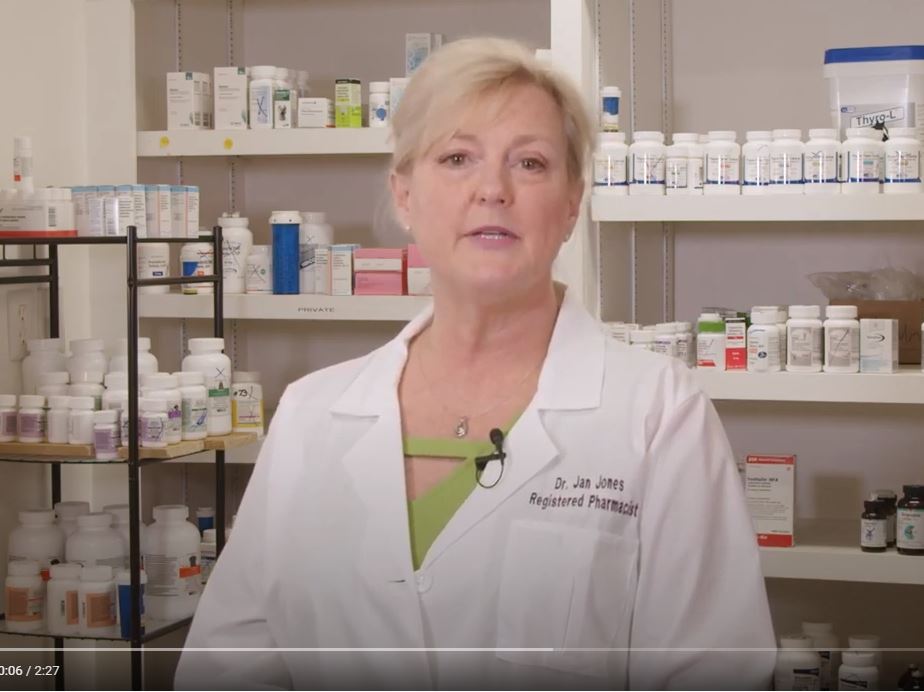Dental Care and Gum Disease
- Gum disease is a very common diagnosis, in fact dogs are diagnosed with gum disease five times more often than humans.
- Since there is often no evidence of the disease until it has reached an advanced stages, it is especially important to establish routines that focus on good pet dental care.
- With proper dental care, gum disease is often preventable.
Developing a plan for Dental Care
Diet:
Providing the right diet can help your pet maintain healthy teeth and gums.
Dry versus Wet Diet:
Dry kibble is abrasive and will help to keep a pet’s teeth clean.
Clients who prefer wet or canned food should offer dry biscuits and treats to aid in the prevention of plaque and tartar buildup.
Offer appropriate chewing items:
Giving pet chewing items that are too hard could cause their teeth to break or splinter. Several items that I do not recommend because of their potential to increase the risk of tooth fracture and foreign body ingestion, they also don’t do much to improve their dental health, either. On the list of do not chew is: Rawhides, Dried Pig Ears, Antlers, Cooked Bones, Rocks and Cow Hooves
Chewing items are available that are specially designed and/or treated to reduce plaque and tartar build up and will not harm teeth. Chews designed specifically for dental health often have the antiseptic power of chlorhexidine to reduce calculus build up on their teeth or have an Enzyme System that eliminates plaque-forming bacteria. For examples CET Enzymatic Oral Hygiene Chews or CET Hextra Chews
Brushing
Start a brushing regimen when the animal is young before plaque gets a chance to form over teeth.
Setting-up and following a daily dental regimen will help to reduce the animal’s chances for gum disease.
Routinely brush teeth and gums using a brush and toothpaste made for animals, not for people.
If the animal develops periodontal disease, advise clients to establish a more vigilant routine after discussing additional options, for example:
Adding the use of a preventive oral spray, rinse or gel that is designed to help remove tartar and plaque and to control bacteria.
Determining if your pet has dental health issues or symptoms :
It is important to look for signs of gum disease even if your pet is currently gum disease free.
- Difficulties when attempting to eat or pick up food
- Eating on only one side of the mouth
- Dropping food
- Shying away from having their head touched
- Blood on chew toys or in the water bowl
- Bloody gums
- Red, irritated gums
- Bloody or thick, ropey saliva
- Bumps or lumps inside the mouth
- Abscesses
- Loose teeth
- Halitosis
- Nasal discharge consisting of mucous or blood
- Sneezing
If your pet is showing signs of gum disease, I recommend taking your pet to your Veterinarian for an exam. It is far better and in the long run less expensive to stop gum disease before it causes other diseases or illness in their body.
The Need for Routine Examinations
Routine dental examinations can prove beneficial especially when an exam identifies the need for veterinary intervention. You need to know that even the smallest of health or behavioral changes can indicate the start of a problem, and that having an established dental history helps your veterinarian with early detection and diagnosis.
Establishing routine dental examination can be completed using the following information:
- Starting an animal’s dental records by completing a primary dental examination and evaluation helps to determine a foundation for their dental history.
- Scheduling annual veterinary visits to clean, scale, and examine teeth offers the best prevention against future dental problems and reduces the chances for advanced gum disease.
- Following the advice of the veterinarian, dental x-rays of the animal’s teeth and area below the gum line should be completed and done under general anesthesia.
I hope this blog has provided valuable information regarding your pet's oral health, and the importance of preventing gum disease by establishing good dental hygiene routines.
To your pet's good health,
Barry Miller DVM
Source:
http://pets.webmd.com/dogs/features/perlis-gum-disease-dogs
Henry Schein Animal Health






